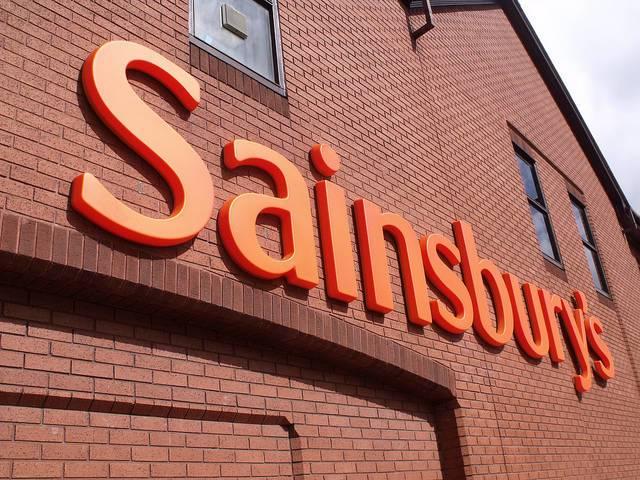
This week the Guardian reported that Sainsbury’s, the second largest grocery chain in the United Kingdom, is reducing the scope of its food waste program after an expensive pilot program indicated changing habits was far more difficult than the company predicted.
Sainsbury’s immediately denied reporter Rebecca Smithers’ story, and instead claimed that the company would spend another $1.2 million to expand its campaign across the U.K.
Smithers argued that one year after launching its “Waste Less, Save More," a trial at one of Sainsbury’s stores in the central English town of Swadlincote indicated that the company’s five-year goal of halving food waste would be difficult to reach. Sainsbury’s started the $12 million agenda in part as a reaction to reports that the average British household wastes over $850 on spoiled or discarded food annually. Estimates on both sides of the pond suggest that as much as 40 percent of food in America and the U.K. ends up lost before reaching the table.
To that end, Sainsbury’s has decided to make the case in person to its customers, as well as on a dedicated portal that seeks to educate shoppers on what they can do to avoid throwing more food into the rubbish bin. Visitors to the site can plug their leftovers into a search engine to get ideas for recipes. For example, a random query for salmon, sweet potatoes and kale offered 53 results, though of course many of those recipes would require another trip to the store.
But in fairness, the “saving tips” of the Sainsbury's site can actually morph into a glorious time suck, especially if you didn’t realize old avocados could be used for a face mask or that butter could be frozen. (Surprisingly, the site did not mention that an entire banana can be consumed. Yes, the peel is bitter, but next time you make a smoothie, add a whole sliced frozen banana, peel and all – the extra B-vitamins and fiber are a health benefit, as long as you wash off those pesticides first.)
Changing consumer habits that were decades in the making is like reversing a ship’s course in the (still frozen) Arctic, and that is a struggle all food companies must confront if the world hopes to feed 9 billion people by 2050.
To Sainsbury’s credit, the company appears to be transparent about what is going on with its pilot food waste programs, by highlighting what works and where the company stumbles. In recent years, the grocer also experimented with selling “ugly” fruits and vegetables, as well as powering one of its supermarkets with biogas from food waste. Such efforts could eventually pay off, as one NGO recently concluded that food companies could save $14 for every $1 spent on eliminating food waste.
Despite Sainsbury’s progress, there are still plenty of hiccups the company, and its competitors, are facing as they try to reduce waste across their operations. For example, last week one user of the chain’s online shopping service was disappointed to discover her 53 food items were delivered in 23 plastic bags.
Image credit: Elliott Brown/Flickr

Leon Kaye has written for 3p since 2010 and become executive editor in 2018. His previous work includes writing for the Guardian as well as other online and print publications. In addition, he's worked in sales executive roles within technology and financial research companies, as well as for a public relations firm, for which he consulted with one of the globe’s leading sustainability initiatives. Currently living in Central California, he’s traveled to 70-plus countries and has lived and worked in South Korea, the United Arab Emirates and Uruguay.
Leon’s an alum of Fresno State, the University of Maryland, Baltimore County and the University of Southern California's Marshall Business School. He enjoys traveling abroad as well as exploring California’s Central Coast and the Sierra Nevadas.














